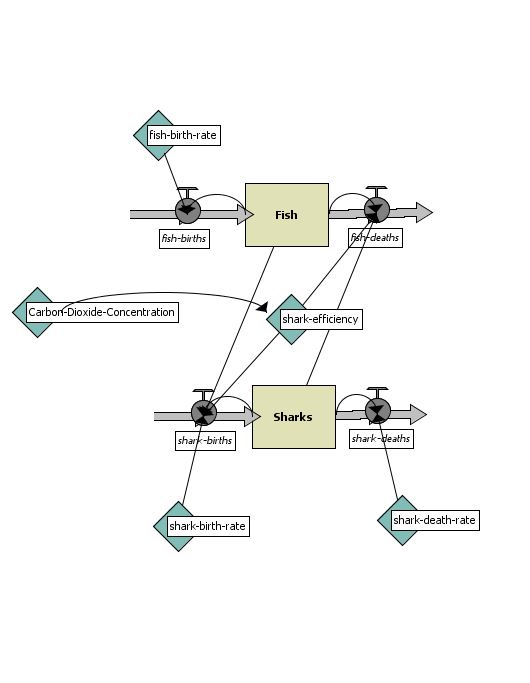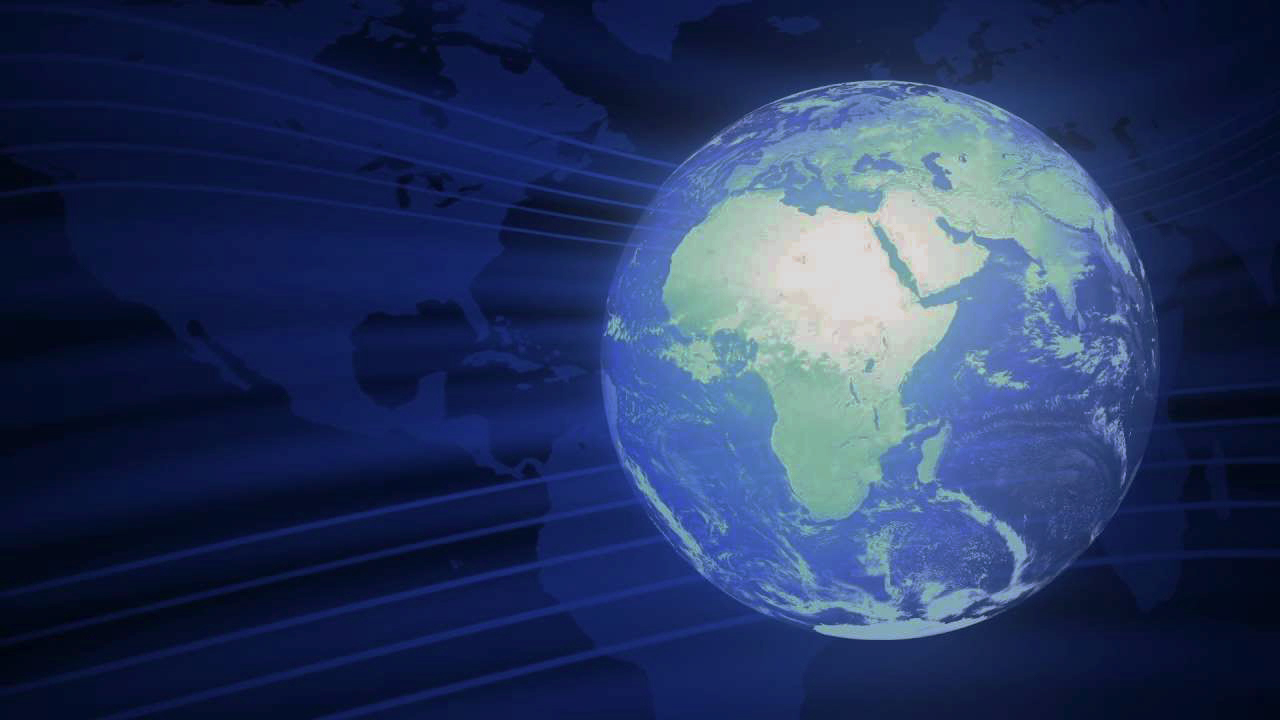
Creating education materials?
Are you, your students, or other colleagues creating teaching materials, posters, or other products for this project? Please use our Project Feed 1010 logo and share your final materials with us at projectfeed1010@systemsbiology.org! We would love to showcase your hard work and provide resources for others.
Lesson FS6: Where Does Our Food Come From?
How does our food get from farm to table and what resources are required to get it there? In this activity, students will play a game to produce pizza. While the game uses economics as a driving force to model food production, students must use a systems thinking approach to strategize and make decisions.

Class: 17 | Genetically Modified Organisms
Natural selection, artificial selection, genetic modification & cloning all result in same thing –desired or most fit phenotypes, but the processes are different and have different ethical considerations. Predict offspring phenotypes & genotypesDifferentiate between natural selection, artificial selection & genetic modification & cloningAppreciate benefits of genetically modified organisms (GMOs)Clarify concerns about GMOsPrioritize biodiversity Genetics Worksheet & Readings
Lesson FS5: Why Don’t We Just Grow More?
Students will continue to explore the idea that when nodes are interacting in a system, modifying one node can have far reaching consequences for the entire system. In this lesson, students will focus on the stakeholders introduced in Lesson FS3, by analyzing an article and evaluating the impact that possible solutions to global food insecurity will have on stakeholders.

Interested in Field Testing our New Modeling Curriculum?
Please join us as at NSTA in Chicago on March 13th, 2015! Two of our team members will be presenting a draft version of our latest modeling curriculum. We will walk teachers through this cross-disciplinary curriculum that teaches students how dynamic systems models are developed, evaluated, and applied to understand complex scientific issues such as cancer and the environment. Since 2003, we have been using NSF funds to translate our STEM,…


